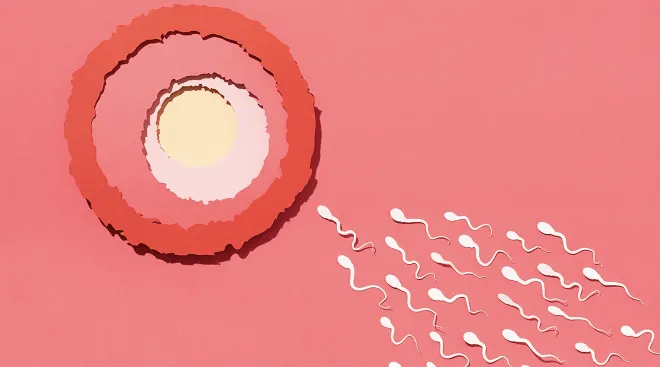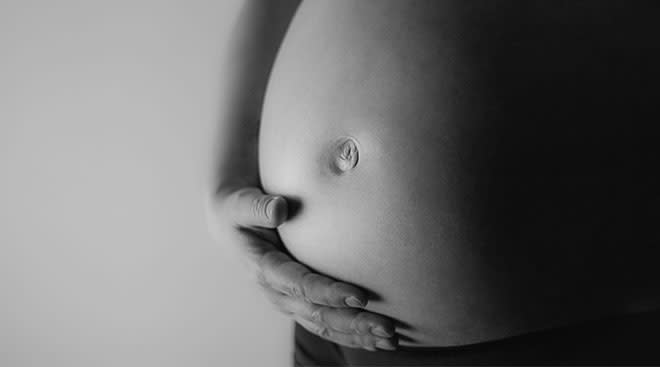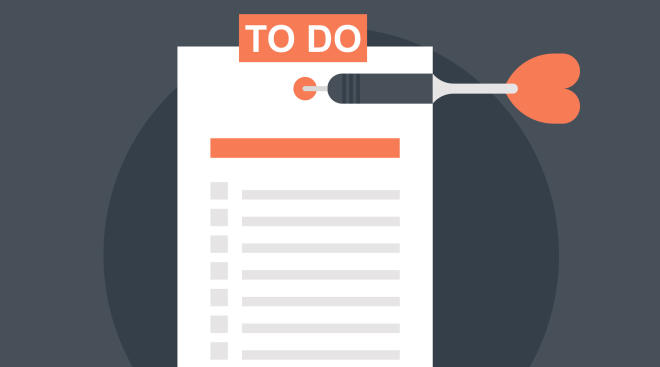New Study Suggests Intermittent Fasting Could Have Impact on Fertility
Time-restricted eating, or what’s more commonly referred to as intermittent fasting, is the latest diet fad to gain widespread popularity. Over the past few years, people have jumped on the bandwagon, limiting their food intake to certain hours of the day in hopes of losing a few pounds and better managing their weight. However, a new study is making those trying to conceive think twice about the latest diet trend.
What Did the Study Find?
Researchers at the University of East Anglia used a popular “model organism,” zebrafish, to study the effects of time-restricted fasting on fertility. They measured the quality of each fish’s sperm and eggs, as well as the number of offspring they produced.
The study found that fasting affected the reproductive health of male and female fish differently. Females produced more offspring after fasting, but their eggs were of lower quality, which could affect the health of their offspring. Male sperm quality also decreased after fasting. Notably, these effects continued even after the zebrafish returned to their normal non-fasting diet.
What Does This Mean for People Trying to Conceive?
While this study was conducted on Zebrafish and its results can’t be directly applied to humans and human fertility, the authors of the study believe that the results from this study indicate that more research should be done to confirm or deny time-restricted fasting’s effects on the human body and fertility.
"These findings underscore the importance of considering not just the effect of fasting on body maintenance but also on the production of eggs and sperm,” study author Dr. Edward Ivimey-Cook said in a press release. “Importantly, some of the negative effects on eggs and sperm quality can be seen after the animals returned to their normal levels of food consumption following time-restricted fasting. More research is needed to understand how long it takes for sperm and egg quality to return back to normal after the period of fasting.”
What Should You Do Instead?
People concerned about their diet plan and fertility should talk to their doctor to determine the best nutrition plan to support their fertility goals. Recommendations may vary based on your medical history, lifestyle and more. However, if you are looking for a starting point for your diet during your fertility journey, consider these 10 nutritionist-recommended foods for boosting fertility.
Please note: The Bump and the materials and information it contains are not intended to, and do not constitute, medical or other health advice or diagnosis and should not be used as such. You should always consult with a qualified physician or health professional about your specific circumstances.
Navigate forward to interact with the calendar and select a date. Press the question mark key to get the keyboard shortcuts for changing dates.





















































